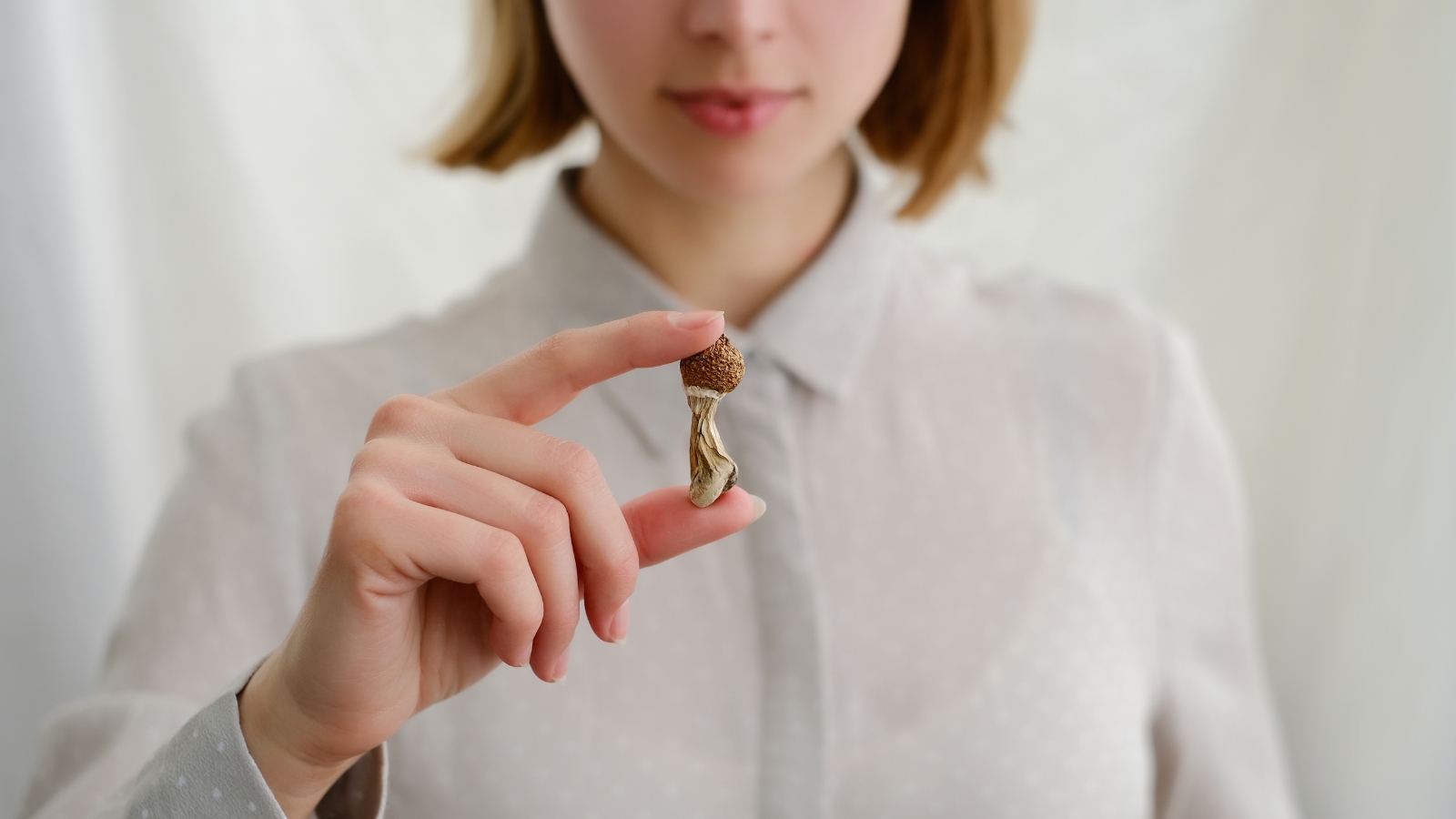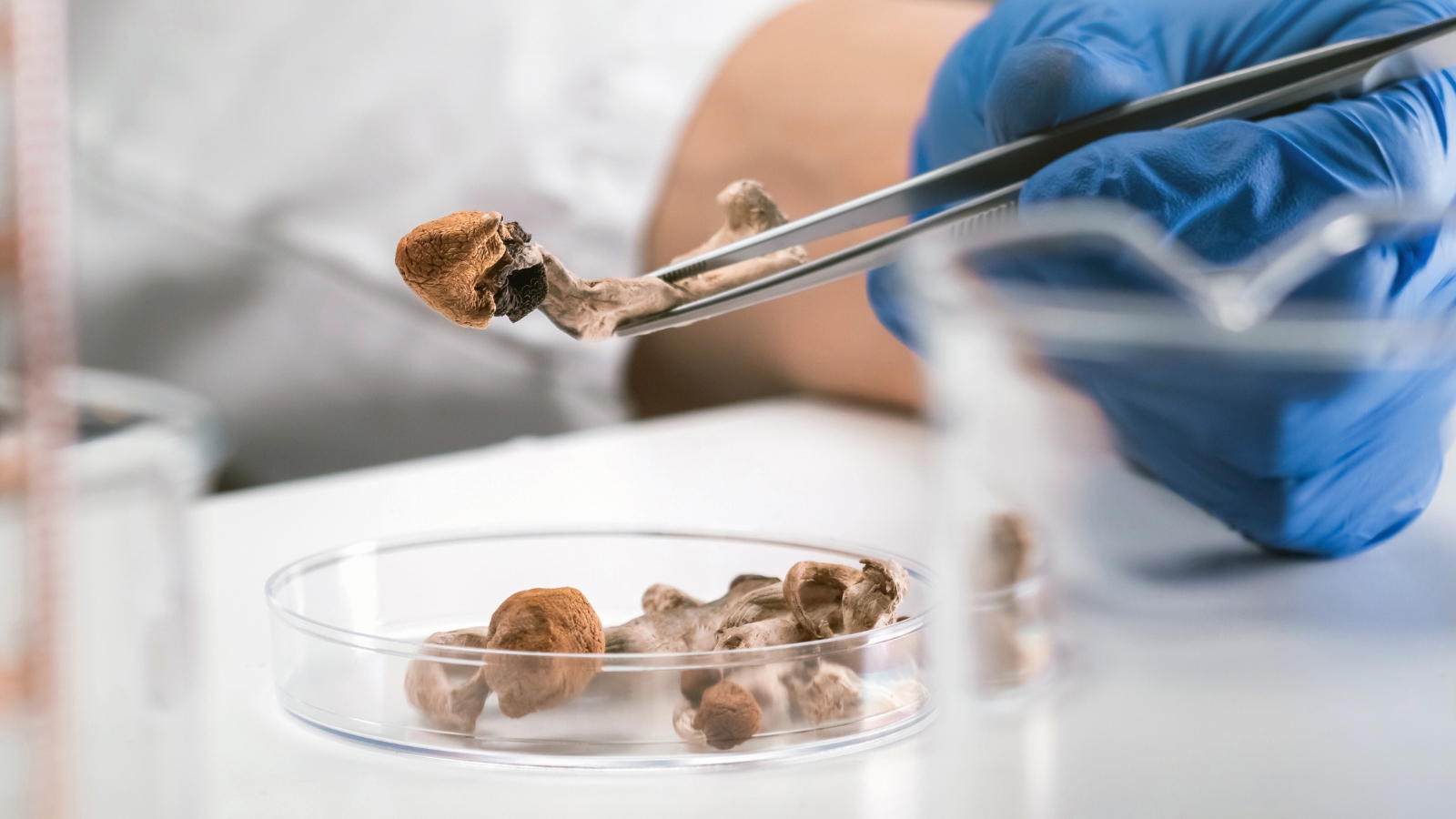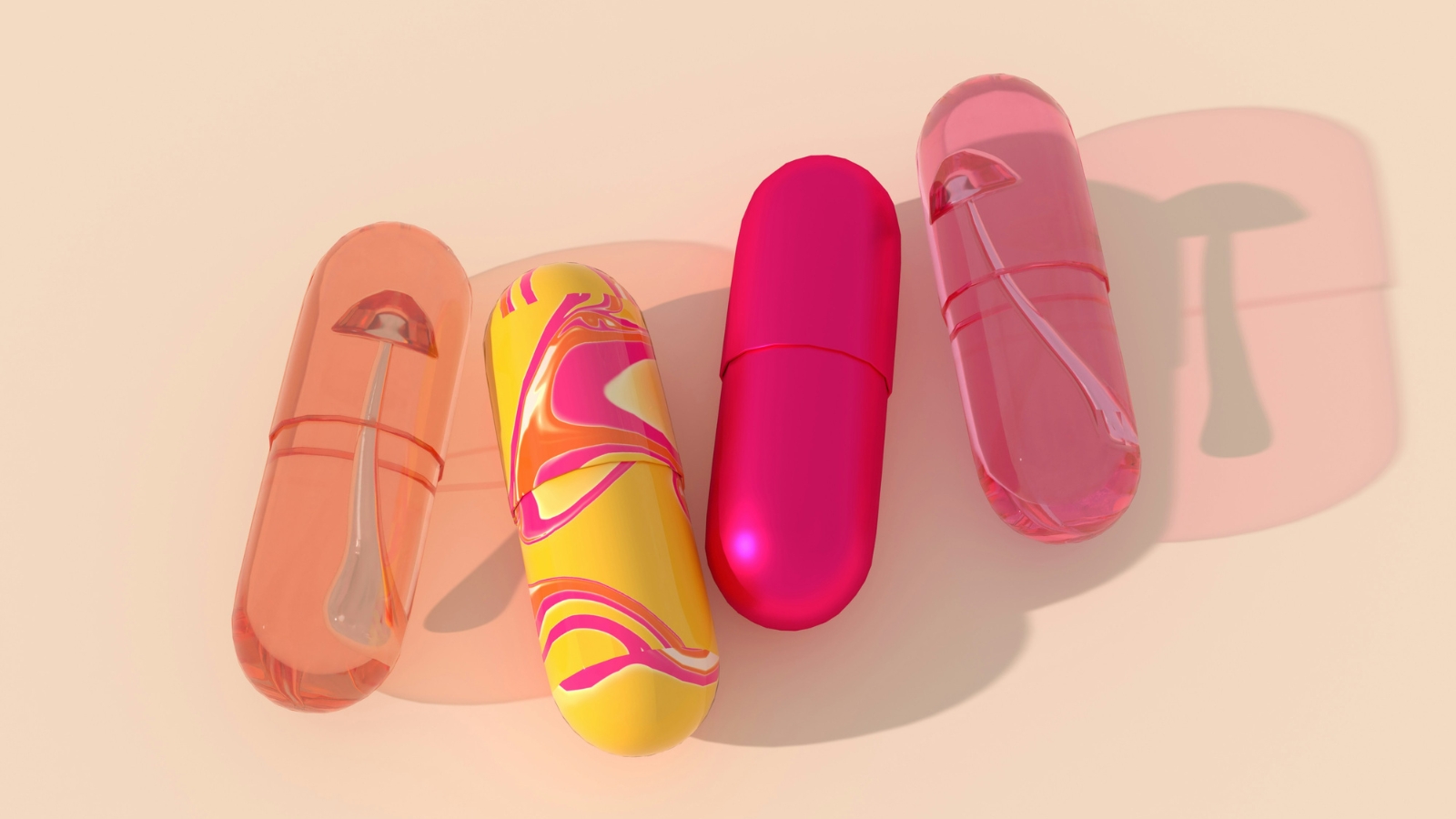As drug testing becomes more prevalent across various domains, understanding the interaction between psychedelic substances like shrooms and drug tests is essential. Many people are here wondering: do shrooms show up on a drug test? Psilocybin, the psychoactive compound in hallucinogenic mushrooms, raises questions about its detectability and the intricacies of drug testing methodologies.
This comprehensive guide examines the nuanced relationship between shrooms and drug tests, providing insights into detection mechanisms, factors influencing detection windows, and strategies for mitigation.

How the Body Processes Magic Mushrooms
The ingestion of magic mushrooms initiates a complex series of metabolic processes within the body:
- Absorption: After ingestion, psilocybin, the primary psychoactive compound in magic mushrooms, is rapidly absorbed by the gastrointestinal tract.
- Conversion: Once absorbed, psilocybin is metabolized by the liver into psilocin, its active metabolite responsible for the hallucinogenic effects experienced by users.
- Distribution: Psilocin enters the bloodstream and is distributed throughout the body, including the brain, where it exerts its pharmacological effects on serotonin receptors.
- Metabolism: Psilocin undergoes further metabolism in the liver before being excreted from the body primarily through urine.
- Elimination: The kidneys play a crucial role in the elimination of psilocin and its metabolites, facilitating their excretion from the body.
Understanding these metabolic processes is essential for comprehending how psilocybin is detected in drug tests and how its clearance from the body can be influenced by various factors.
Types of Drug Tests and Detection Methods
There are multiple types of drug tests, and the kind you may end up taking depends on several factors. But first, let’s look at the various types of drug tests.
Urine Tests
Urine tests stand as the cornerstone of drug screening due to their widespread use and non-invasive nature. These tests primarily target substances like cannabis, cocaine, opioids, and amphetamines. However, standard urine tests typically do not include psilocybin detection. Specialized tests are required to detect psilocybin, focusing on specific metabolites or markers indicative of recent shroom use.
Hair Follicle Tests
Hair follicle tests offer an extended detection window compared to urine tests, making them valuable for retrospective analysis. These tests can detect psilocybin and its metabolites for up to 90 days after ingestion. This type of test must be specialized to test for psilocybin. Despite their efficacy, hair follicle tests are less common in routine workplace screenings due to their higher cost and complexity.
Blood Tests
Blood tests, while capable of detecting psilocybin, are less prevalent than urine tests in drug screening protocols. They are typically reserved for medical purposes or specific legal requirements, where precise quantification of substances in the bloodstream is necessary. Blood tests offer real-time detection but may be less practical for routine screening due to their invasive nature and the requirement for trained personnel.

Factors Affecting Psilocybin Drug Test Detection
In addition to how long shrooms stay in your system, it’s important to look at contributing factors. The detection of psilocybin in drug tests is influenced by various factors and a combination of them.
Metabolism
Individual differences in metabolism play a crucial role in determining how quickly psilocybin is metabolized and eliminated from the body. Factors such as age, liver function, and genetic variations can impact metabolism rates.
Dosage
The amount of psilocybin ingested directly affects its concentration in bodily fluids and tissues. Higher doses may prolong detection times, as the body requires more time to metabolize and eliminate larger quantities of the drug.
Frequency of Use
Chronic or habitual use of shrooms can lead to the accumulation of psilocybin and its metabolites in the body, extending detection windows.
Test Sensitivity
The sensitivity and specificity of drug tests vary depending on the substances targeted and the analytical techniques employed. Specialized tests designed specifically for psilocybin detection may offer higher sensitivity but are less commonly utilized.
Last Use Timeframe
The timing of shroom ingestion relative to the drug test is critical. While psilocybin is rapidly metabolized and excreted from the body, recent use may increase the likelihood of detection.

How to Accelerate Psilocybin Detox
While psilocybin naturally clears from the body over time, certain strategies may help expedite its elimination:
- Hydration: Maintaining adequate hydration levels facilitates renal excretion and promotes the clearance of psilocybin and its metabolites through urine.
- Nutrition: A balanced diet rich in antioxidants and nutrients supports liver function and detoxification processes, aiding in the elimination of psilocybin.
- Exercise: Regular physical activity stimulates metabolism and circulation, potentially speeding up the clearance of psilocybin from the body.
- Rest: Sufficient rest and sleep allow the body to prioritize detoxification and regeneration processes, contributing to faster drug clearance.
- Detox Kit: Use a full-body detox kit to rid the body of unwanted substances and fast-track the detox process.
Of course, the most important thing you can do is to stop consuming any mushrooms. Avoiding shrooms minimizes the accumulation of psilocybin in the body, facilitating its elimination.
Legal Considerations and Resources
Navigating the legal landscape surrounding shrooms requires careful consideration of local regulations and restrictions. While psilocybin-containing mushrooms are illegal under federal law in many countries, there is a growing interest in exploring their therapeutic potential and reconsidering existing policies. Reliable sources of information on shroom legality and effects include government agencies, academic research papers, and reputable online resources.

Final Words on Shroom Drug Tests
The detection of shrooms in drug tests involves a nuanced understanding of detection methodologies, metabolic processes, and individual factors. While standard drug tests may not include psilocybin detection, specialized tests, and retrospective analyses offer greater sensitivity and specificity. If you need to pass a shroom drug test, consider using a trusted detox product to help you cleanse your system effectively.
FAQ: Do Shrooms Show Up on Drug Test
Can standard drug tests find hallucinogenic mushrooms?
While standard drug tests typically do not include psilocybin detection, specialized tests may be utilized for this purpose.
Will eating mushrooms cause me to fail a saliva test?
Saliva tests may not detect psilocybin unless specifically designed to target hallucinogenic substances.
How long do psychedelic effects impact drug abuse testing?
The duration of psychedelic effects varies, but specialized tests may detect psilocybin for several days after ingestion.
Are there withdrawal symptoms associated with mushrooms?
While not physically addictive, frequent use of shrooms may lead to psychological dependence and potential withdrawal symptoms upon cessation.
Do healthcare services offer treatment for excessive shroom use?
Healthcare providers may offer counseling and support services for individuals experiencing adverse effects from shroom use.
Can legal medicinal uses of mushrooms show on a drug test?
Medicinal mushroom use may be detected on comprehensive drug tests due to the presence of naturally occurring psychoactive compounds.















